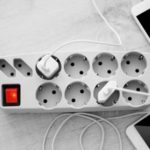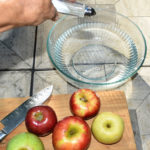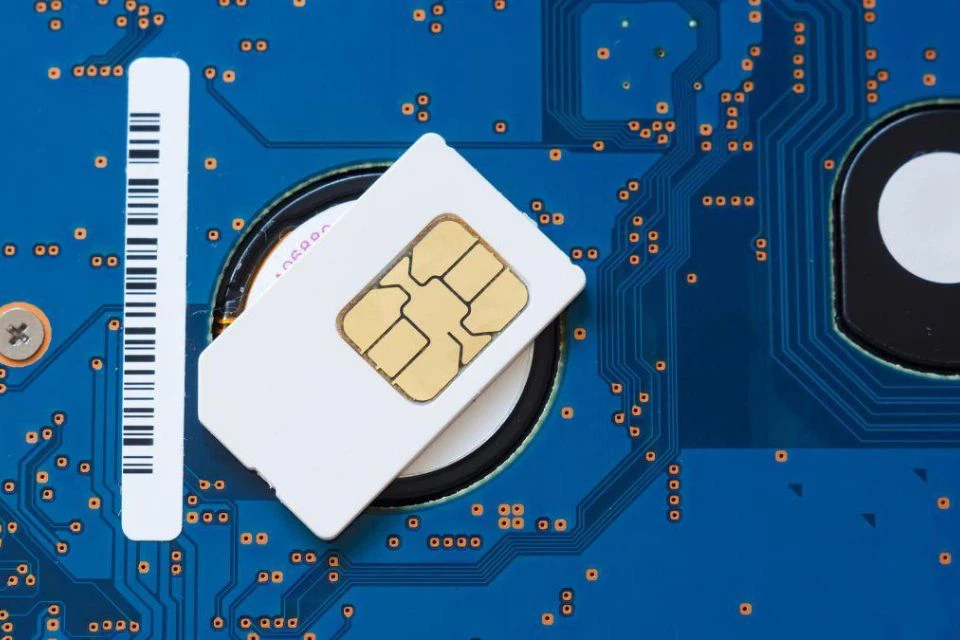Storing food in refrigerators is no longer unfamiliar to us, but do you know that not all food should be kept in the fridge and we need to store food properly.
Currently, there have been many cases of refrigerators exploding, caused by the quality of the products, electricity supply, surrounding environment, and even the food you store in the refrigerator.
Here are 5 explosive items that you should remove from the fridge to ensure the safety of your family:
1. Carbonated drinks
Carbonated drinks such as soft drinks, beer, energy drinks, packed in cans and bottles, can become a “bomb” if you store them in the wrong position in the refrigerator. The reason is that when placed in cold temperatures (below 0 degrees Celsius), carbonated drinks (including glass bottles) will have difficulty resisting the pressure from the expanding gas (the water temperature decreases but the volume of water increases), causing the can to deform and easily explode, resulting in regrettable incidents.
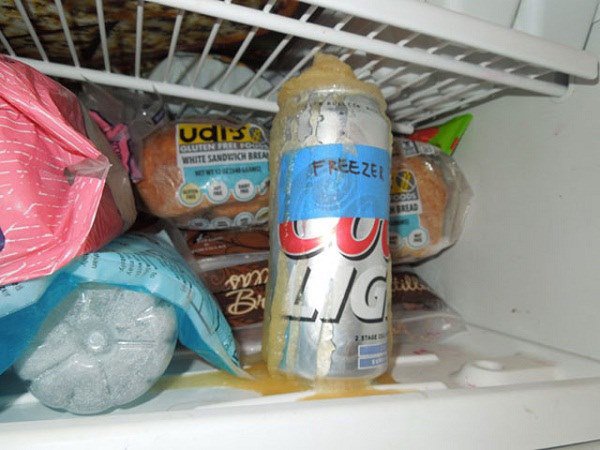
Why do carbonated drinks like beer and soft drinks cause explosions when stored in the refrigerator? Carbonated drinks in glass bottles or aluminum cans, when stored in the freezer, have difficulty resisting the pressure from the expanding gas (the water temperature decreases but the volume of water increases), which can cause deformation and easy explosion of the container.
Therefore, you should only store carbonated drinks in the refrigerated compartment in the designated area for beverages and bottled water.
2. Alcohol and flammable liquids
Alcohol and other flammable substances such as alcohol, gasoline should not be stored in the refrigerator, especially in the freezer. The limited volume of the refrigerator can easily create points of fire and explosion. When there is an ignition or a spark, the refrigerator is prone to explosions.
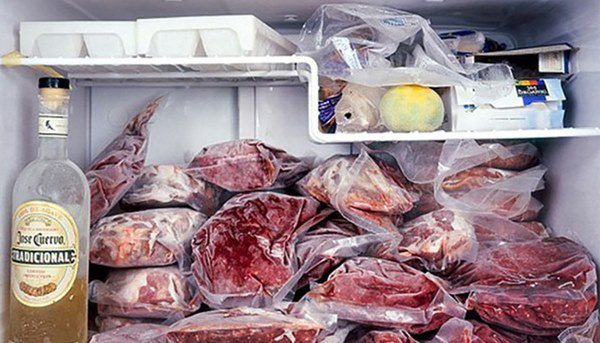
3. Glass utensils
Glass utensils when placed in the freezer can shatter and explode. When the temperature drops, water will expand while glass bottles contract. This can cause the glass bottle to break or explode.
4. Hazardous chemicals
Never put hazardous chemicals in the refrigerator as it can cause reactions and explosions inside the refrigerator. Cheap refrigerators are prone to explosions due to the negligence of users. Therefore, besides storing food and household items properly, avoid using very old refrigerators. Furthermore, if chemicals are not carefully stored, they can contaminate food and affect the health of the users.
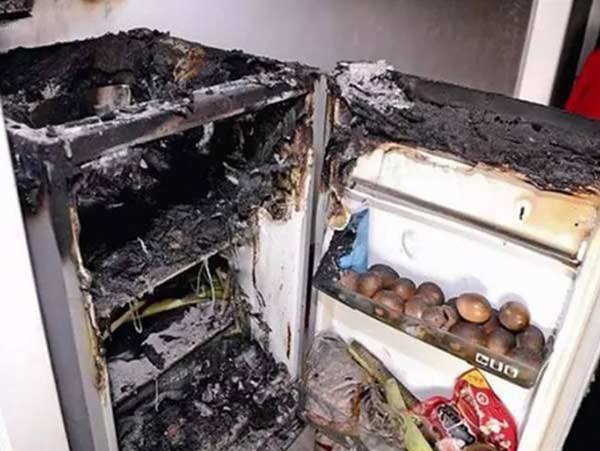
5. Electronic devices
For safety reasons when using the refrigerator, do not place any electronic devices on top of the refrigerator. The different temperatures and electromagnetic waves can damage your devices.
According to Phunuvietnam.vn
Cleaning Tips for Sparkling and Odor-Free Glassware
Are you looking for ways to maintain the shine and sleekness of your glasses, bottles, and glass jars? Here are a few simple tricks to help you keep them looking their best.
























